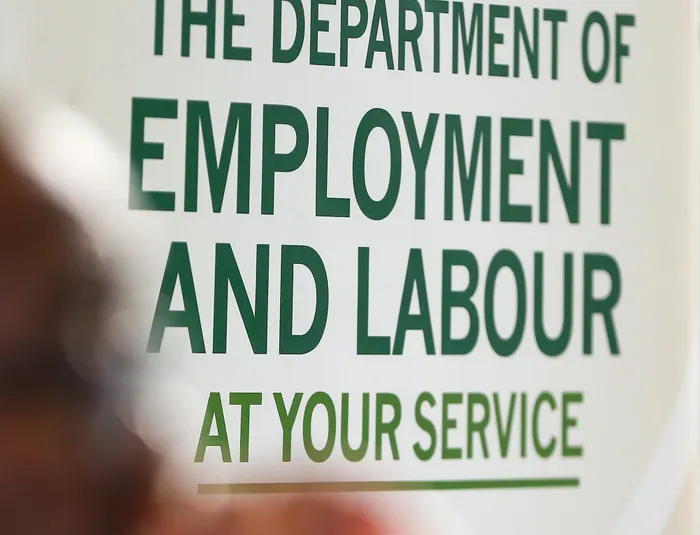Neasa doubles down on opposition to Employment Equity quotas

The National Employers' Association of South Africa (Neasa) on Tuesday upped its anti against Employment Equity sectoral numerical quotas.
Image: Leon Lestrade/ Independent Newspapers
The National Employers' Association of South Africa (Neasa) on Tuesday upped its anti against Employment Equity sectoral numerical quotas and wrote an open letter to President Cyril Ramaphosa and the Minister of Employment and Labour Nomakhosazana Meth.
This comes hot on the heels of Neasa and Sakekuga earlier this month lodging an urgent legal challenge against the employment equity quotas and accompanying administrative regulations.
Neasa said although this challenge deals with both procedural and substantive defects relating to the new numerical sectoral quotas, another major obstacle, which has been amplified by the new quotas, stands in the way of employers even contemplating complying with these regulations.
It stated that the Employment Equity regulations and the unconstitutional obligation placed upon employers to classify employees by their race and disability is ethically untenable, impractical, and divisive.
Gerhard Papenfus the CEO of Neasa, raised the following points.
He said the purpose of the individually completed EEA1 form is to acquire data in order to create a workplace profile illustrating the current racial, gender, and disability composition of the employer’s workforce. Therefore, by requesting employees to self-classify as to their race and disability, this form effectively expects them to firstly, navigate the complexities of race, gender and ethnicity in a policy and classification-criteria vacuum and, secondly, in perpetuity, set themselves up to be discriminated against based on a potentially uninformed decision. However, there is no legal obligation on employees to complete the form or to do so ‘accurately’.
Neasa said it had already heard of employees refusing to complete the EEA1 form for reasons including personal convictions, fear of discrimination, being of a mixed ethnic background, etc. There are no guidelines for employees regarding the determination of race, and the guidelines regarding disability contain a myriad of contradictions.
However, it said this eventuality has, seemingly, also been anticipated in the regulations as can be deduced from the wording of the EEA12 form, which stipulates that: “Where there is doubt in the self-identification process of an employee, existing and/or historical information may be used to assist to verify an employee’s status”; and Regulation 8(2), which reads as follows: “Where an employee refuses to complete the EEA1 form or provides inaccurate information, the employer may establish the designation of an employee by using reliable historical and existing data …”
Papenfus said, "Minister, these provisions place employers in a precarious and impossible position, particularly in the context of South Africa’s history of state racial classification. The regulations expect employers to unilaterally and arbitrarily classify the race and disability of a particular employee who has elected not to self-identify by these criteria or whom, in the opinion of the employer, or an appointed human resource manager, or consultant, was inaccurate when self-declaring."
He said this decision must then be made by an employer to determine the race or disability of a particular employee. However, "it is not within the constitutional ambit of any employer, or any other person for that matter, to decide on these characteristics of another person."
Furthermore, although the government no longer has such authority, the Employment Equity regulations impose on employers the obligation to engage in just such classification of people, without any empowering provision to do so, and without providing any guidance on the methods or criteria to be implemented to reach just conclusions, within the framework of the Rule of Law, on the race and disability of a person.
Papenfus said this obligation imposed on employers, not only places them in an untenable ethical position, but is also legally impermissible and practically impossible to comply with.
Neasa said it could not allow for this unconstitutional obligation and unacceptable burden to be placed upon employers. It called on the state to stop forcing employers to carry out the government’s desired racial classification and discrimination on its behalf.
"Mr President and Minister Meth, we are not willing to do your dirty work," Papenfus said.
BUSINESS REPORT